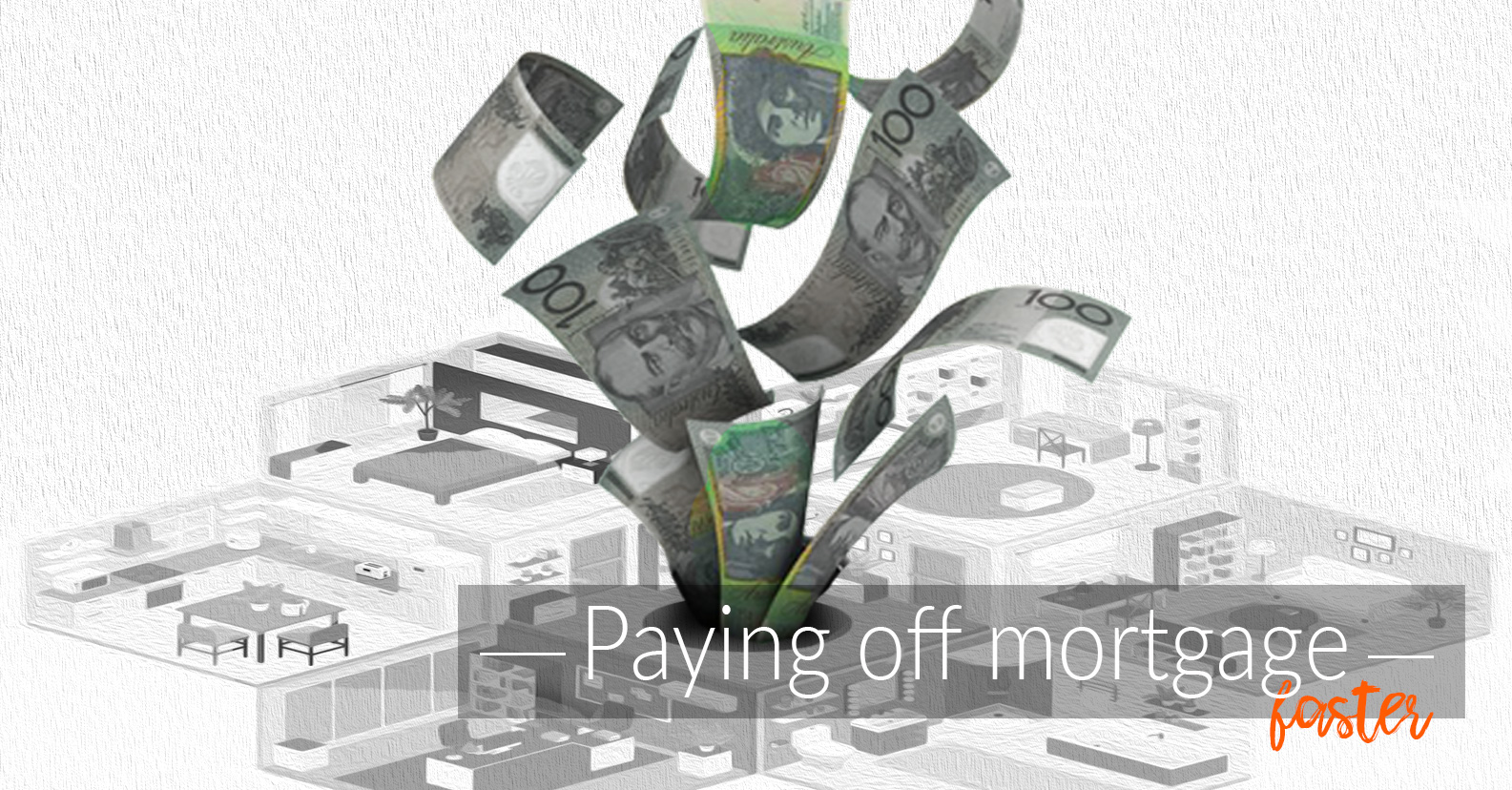Buying a home is not the same as ‘owning’ one! Yes, until you have paid off the last cent on your mortgage, your home, technically, is not yours.
Nothing is as empowering as saying, I own everything outright and have no debt!
The mental freedom it gives you actually extends to your physical wellbeing.
Analysing your mortgage could mean savings for you, as well as the opportunity to pay it off more quickly and reach financial freedom sooner.
It takes dedication and a plan that you need to stick to, as well as understanding your loan terms.
Most mortgages last for 25-30 years. There’s nothing wrong with taking out a long-term loan. It gives you the chance to own your own home at an affordable, monthly rate.
Yet, for many people signing on the dotted line, promising to pay your mortgage for 25 or 30 years can seem like a life sentence.
Most homeowners want to do whatever they can to pay off their mortgage earlier, but don’t know where to start and what they're allowed to do.
First, you need to understand the terms of your loan as it is an important factor before you decide on your strategies.
Fixed versus variable rates:
- A fixed-rate home loan: It can give you peace of mind that the required repayment amount will be the same during the fixed term period, which can be very handy when you are trying to stick to a budget. It can be set up by a bank/financial institution for up to 10 years. Generally, at the end of the fixed term, your loan will roll over to a variable rate, unless you choose to repeat the process.
Please note: If it comes to fixed rates it is important to consider making higher repayment amounts without triggering the early repayment penalty threshold. Early termination fees are charged when the bank has costs, they need to cover due to you paying your loan out early. The best way to avoid an early repayment charge is to be clear on the terms of your agreement and to work within them. Know how much you can overpay each year without a penalty, and don't go over this limit.
- A variable rate home loan: It typically offers more flexibility than a fixed rate home loan. Variable home loans let you make additional repayments to pay your loan faster. However, the drawback of a variable rate home loan is that interest rates can change at any time.
Depending on your mortgage terms and rates you can pay your loan faster with different strategies.
The key to paying your mortgage down faster is consistency.
You'll have the best results if you pick a method and stick with it. The more consistent you are with your efforts, the more time you’ll cut off your mortgage.
STRATEGIES FOR HOW TO PAY YOUR MORTGAGE FASTER
- Pay your first instalment before it falls due - Get a head start on your mortgage by making the first repayment on the day of the settlement itself! Your first repayment falls due after a month of settling your mortgage. By prepaying it on the day of settlement, the entire repayment amount is be applied towards the principal, bringing down the amount of interest on all your future repayments. You need to ask your lender if it is possible!
- Fortnightly or weekly payments instead of monthly - Most people make their mortgage repayments monthly, but what if paying weekly or fortnightly could help you save money? A year has 12 months, 26 fortnights, and 52 weeks. Paying weekly or fortnightly can help you make an extra repayment each year compared to paying monthly. In fact, the more frequently you make repayments, the less interest will be accrued on what you still owe and save you on interest payments.
- Increase your payments - One of the easiest ways to pay off your mortgage faster is to simply increase your repayments. Homeowners wishing to pay off their mortgage early can opt to increase their principal payments by a set amount, which can drastically reduce the amount of time it takes to pay off the mortgage, not to mention the interest savings.
- Budgeting is the key part of repaying a home loan - Complete a comprehensive, but realistic, budget so you can calculate how much extra you may be able to pay off your mortgage. Of course one of the keys to a successful budget is sticking to it over the long term.
- Set up an offset account - One of the most popular and easiest ways to pay off your mortgage faster is to use an offset account. Any money held in an offset account will be classed as an asset as you can access this money at any time and although it doesn't earn interest in the traditional sense, it does reduce the interest you pay on your mortgage. Any money held in an offset account will be classed as an asset as you can access this money at any time.
- Pay just a little bit extra - By rounding up to a full number or contributing an extra $100 or even $10, you’ll significantly reduce your mortgage. It may also be worth considering putting all bonuses, tax returns and gifts into your mortgage.
- Do not decrease repayments when interest rates fall.
- Don’t set and forget - There is always the temptation to let your mortgage roll along, make your repayments as they fall due and think as little about it as possible. This attitude could be your biggest mistake. It is important to keep yourself up to date with the property and finance market. We encourage you to have an annual review to ensure you are in the best financial situation available at the current time. Rates change, new products are introduced and changes in the finance market itself may allow you to seize an opportunity or negotiate a better deal.

